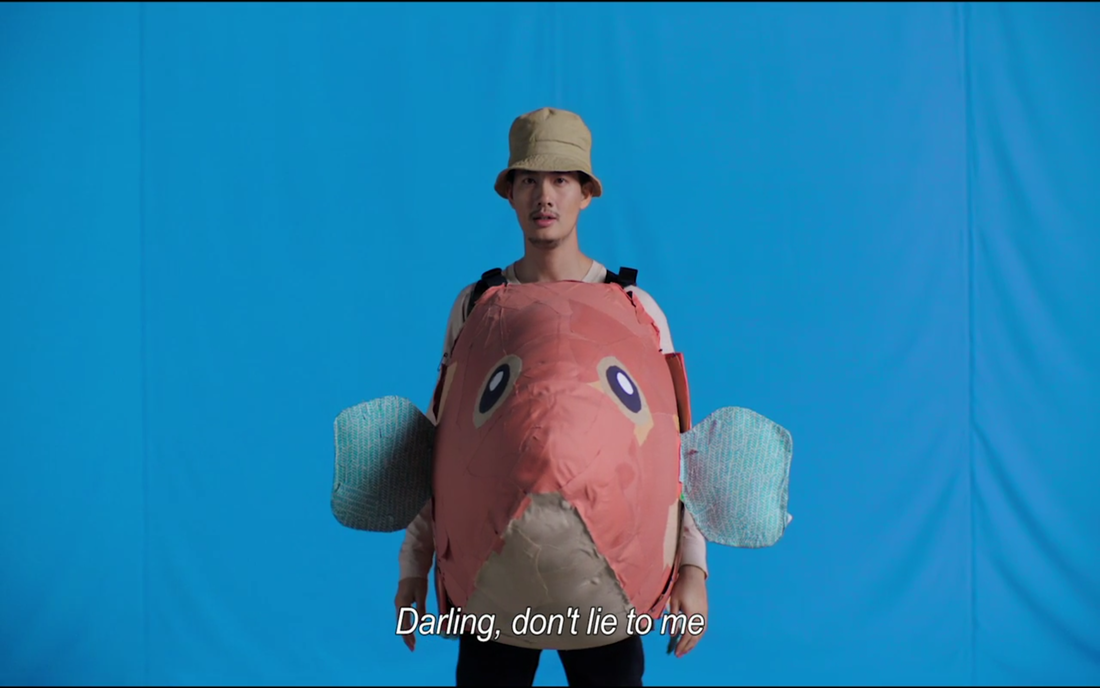A slow burner, that utterly toppled my brain by the end. It plays with the camera pulling back to 'show' the act of film-making at work, and through this simple device you're left utterly floating, not knowing how to read certain sections: is it a film within a film, or is it just... a film?
Suwichakornpong peels back not to gratify her or the viewers' intellect ('oooh, so clever'), but to forge a cinema experience where nothing is certain, everything is strange, because we are never really sure if what we're seeing is 'behind the scenes', or squarely in front of said scenes. It's the director's ability to keep this tension unresolved that I found so admirable: whereas normally with clever devices such as these there is a clear moment in which a switch is flicked ON or OFF (a revelation occurs, a trapdoor is released, etc), with By the time it gets dark we experience a suspended state of not knowing. About half of the way in, I felt myself loosing my footing, and from there on, captured by the film's relatively slow pace, I pleasantly continued to free-fall.
Super inspiring as a model for a magic show/theatre show. Are the actions and text on stage relating to the present moment, or a previous one? Is it a simulation of real magic, or a display of real magic?
This film teaches us to float without having to decide.


 RSS Feed
RSS Feed